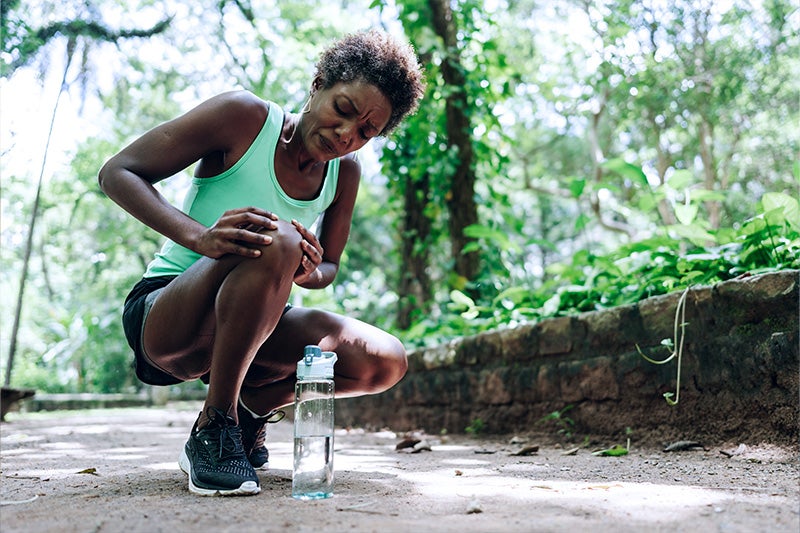Key Milestones for Your Baby’s First Year
July 10, 2023Your child’s first year of life is a miraculous journey filled with quick growth, development, and of course many memories. Their first year is also full of milestones. Keeping track of your baby’s abilities can help indicate their progress toward development. While all babies have their own development speed, here are some milestones from the CDC that a 1-year-old should be able to do.
Cognitive Milestones
Cognitive milestones include learning, thinking, and problem-solving habits. A baby’s brain absorbs information quickly, similar to a sponge. At one year, they can find things they see you hide, like hiding their toys under a blanket. Engage your baby by providing simple instructions like placing a toy into a bucket or showing them how to stack blocks and having them repeat to the best of their ability.
Social and Emotional Milestones
A growing baby will become increasingly aware of their surroundings and their own emotions. They can express joy when around people or things they are comfortable with, such as their favorite toy. Or, they will cry when a toy is taken from them. One-year-olds also have learned to laugh and find humor in simple games, such as pat-a-cake. Engage your baby by playing simple games with them and taking them on playdates in social environments.
Physical Milestones
By the end of their first year, your baby should be crawling around by themselves. From crawling, a one-year-old should be able to pull themself up to stand. Also, they should be able to walk holding onto furniture or any support. Some may even walk without any assistance. For their hands, a baby should be able to pick small things up with their thumb and pointer finger. Encouraging your baby to walk and pick up things will help their development.
Language Milestones
When surrounded by language, a baby can pick up and understand simple phrases. They will be able to respond to their own name and also understand who family members are, such as mom and dad. They can wave “hi” or “bye” in appropriate situations and also understand the meaning of “no.” Reading books to them and pointing to objects as you say their name will tremendously help your baby’s language development.
Did you know a pediatrician or family medicine physician can be your partner in tracking your child’s development? They have the education and experience to provide the care your child needs – and the guidance you need – at every stage of development.




